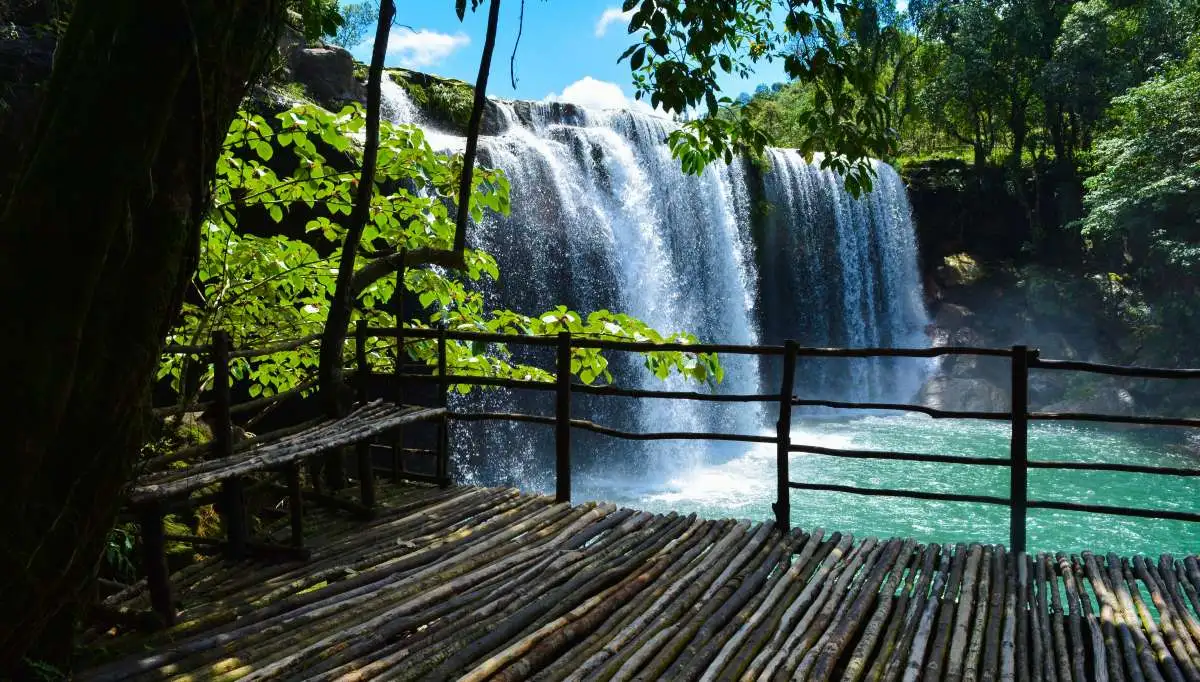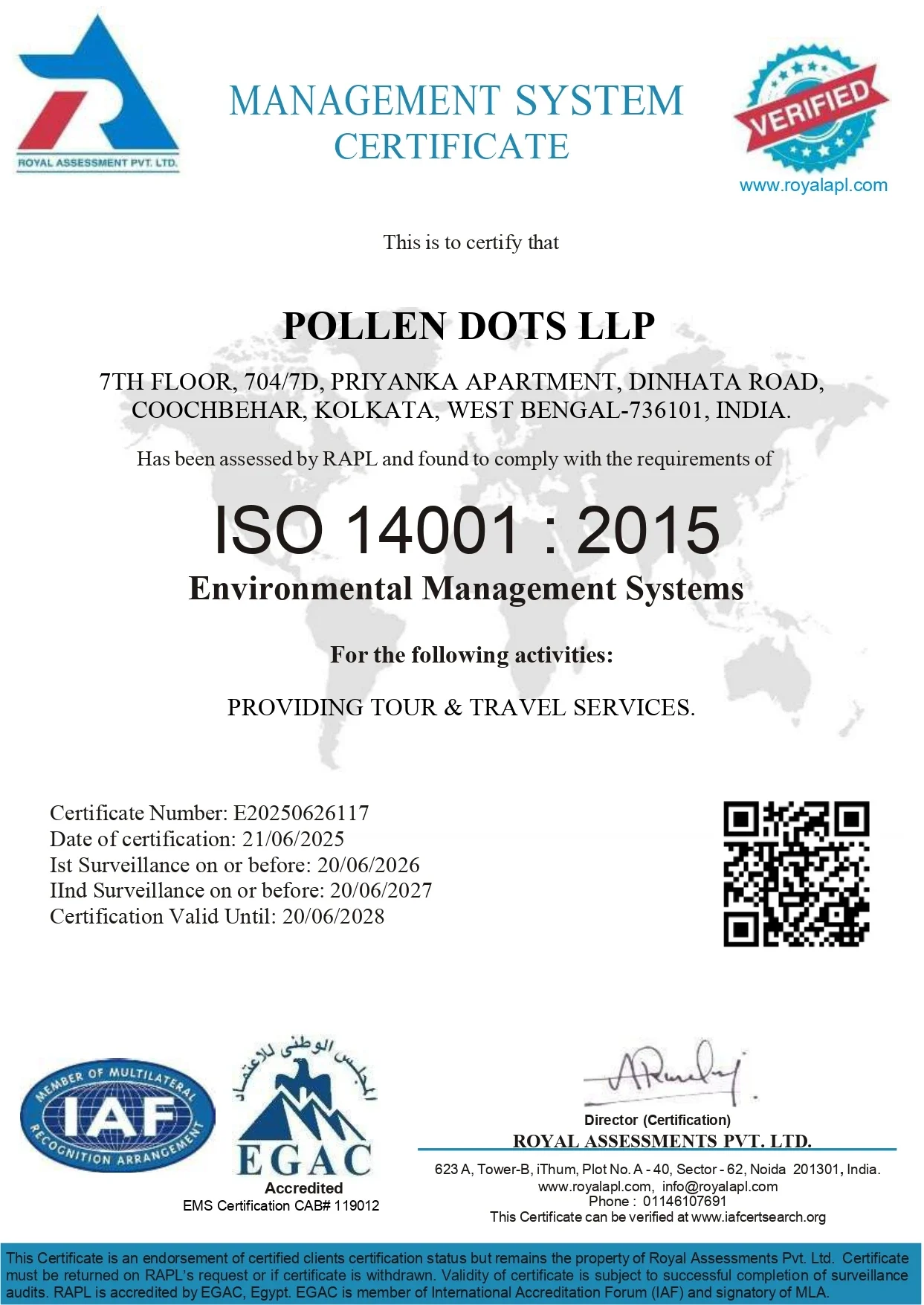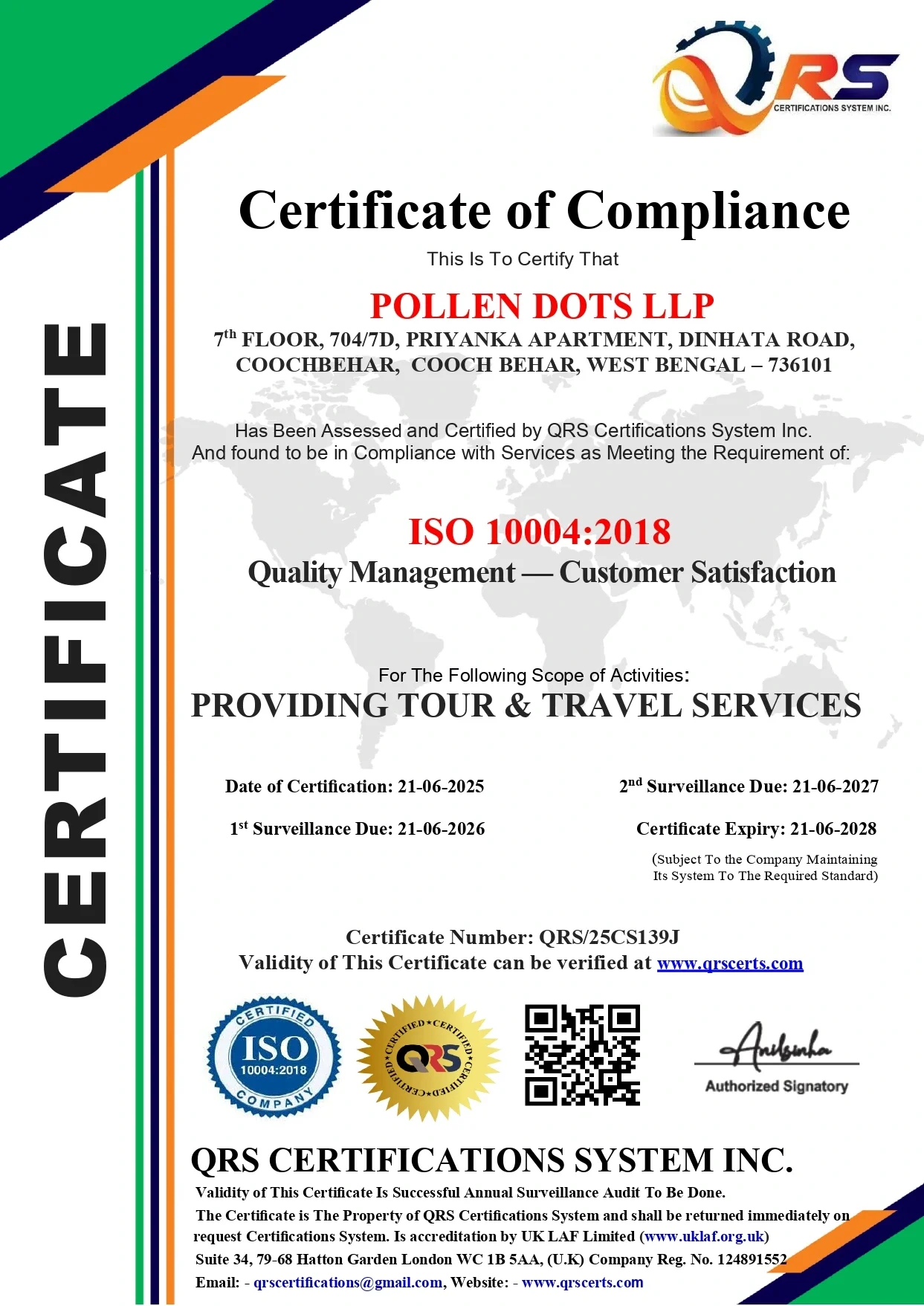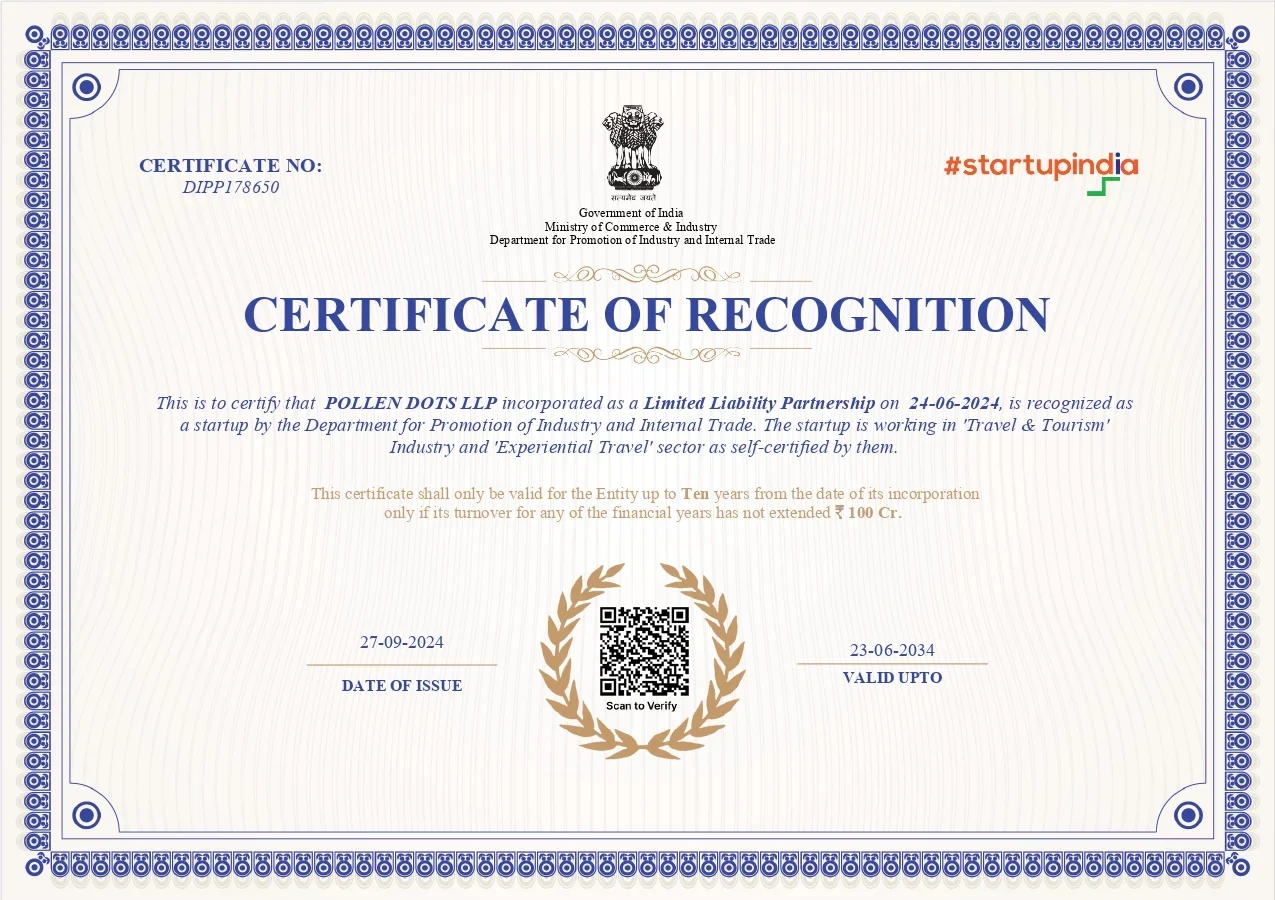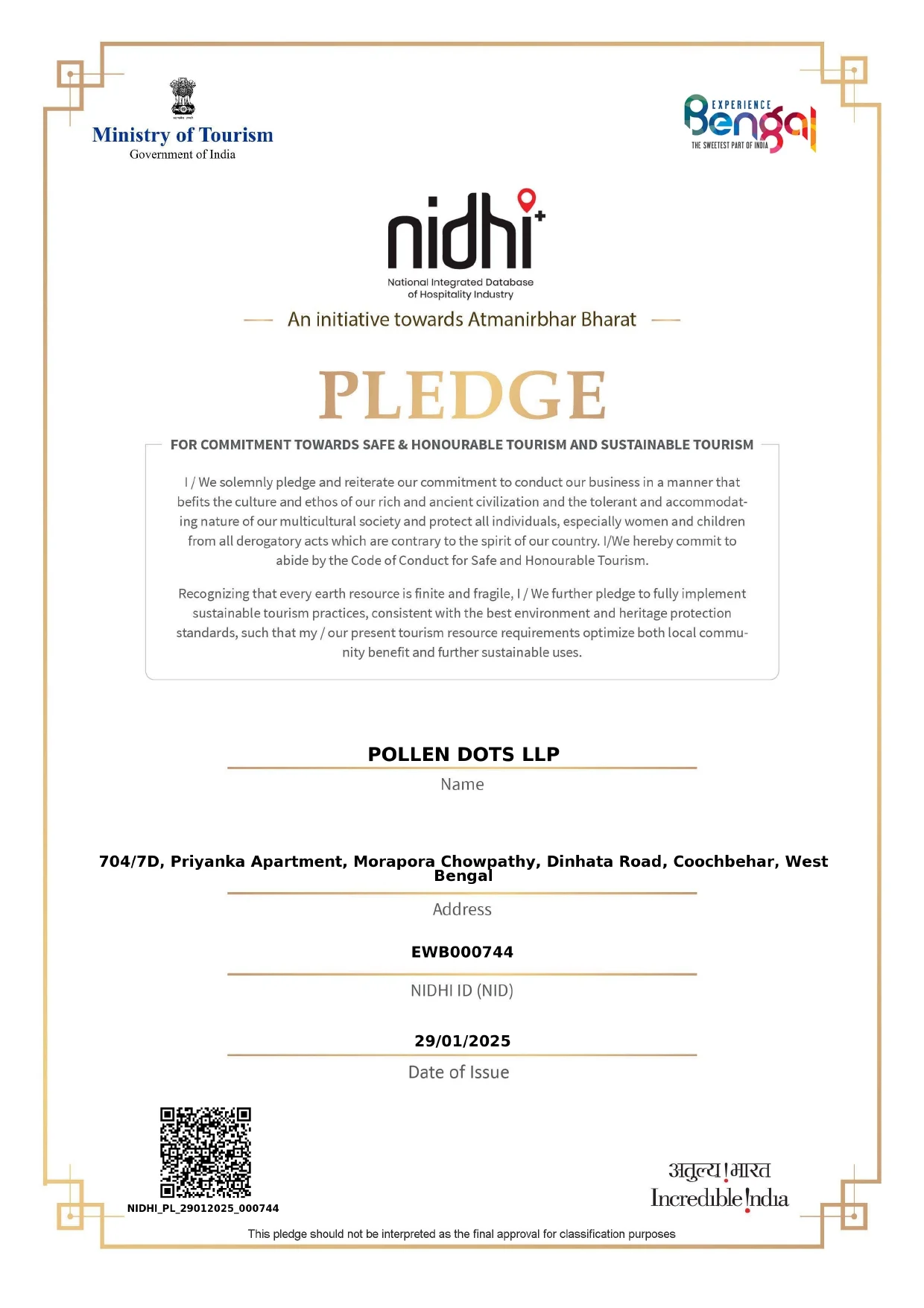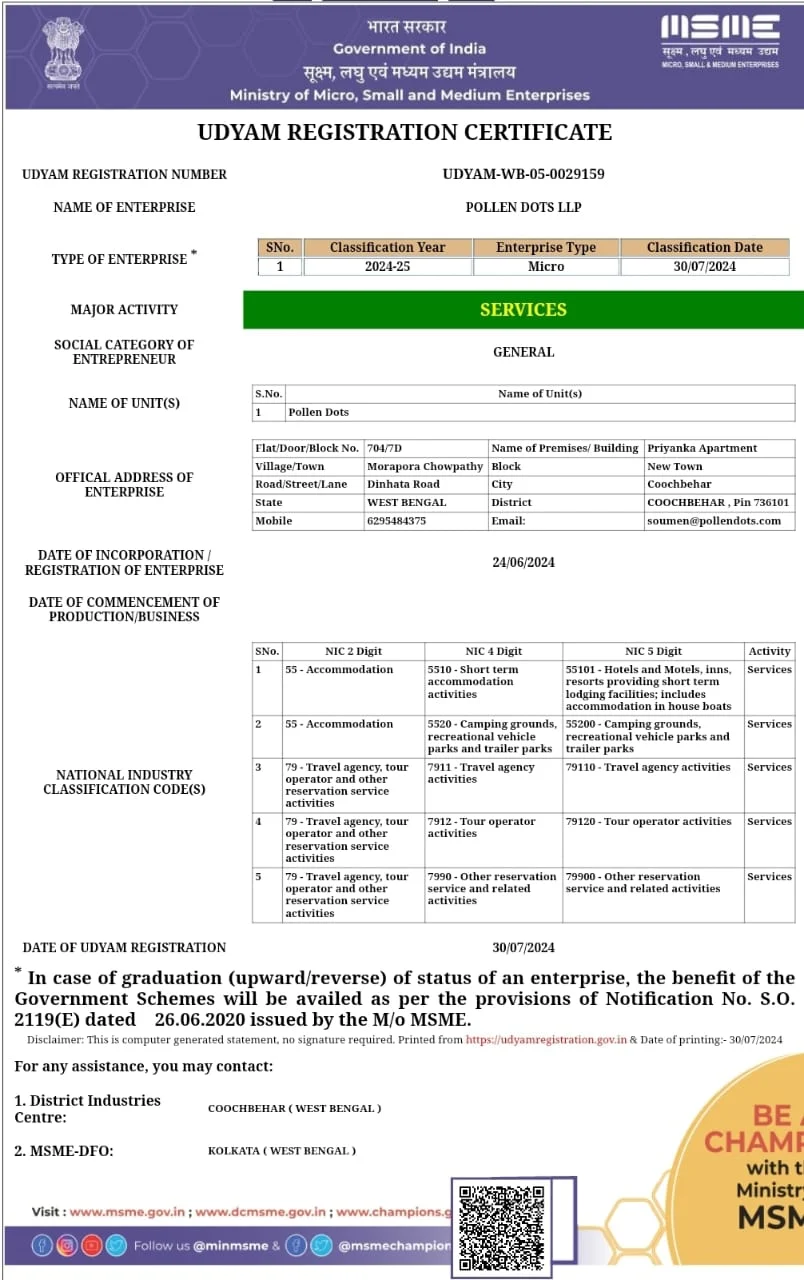Nestled in the heart of the West Jaintia Hills, Jowai doesn’t scream for attention — it hums. Unlike its more tourist-trodden cousin Shillong, Jowai quietly cradles Jaintia culture, sacred lakes, limestone cliffs, and folk wisdom passed down through centuries. For those willing to slow down, Jowai offers a gentler, deeper experience of Meghalaya.
The Spirit of the Jaintia Hills
The Jaintia people carry a profound relationship with land, forest, and folklore. One can feel it at Syntu Ksiar, a riverside haven named the “Golden Flower.” Locals gather here for reflection, community events, and even political uprisings in the past. It’s not just scenic — it’s symbolic.
Just outside town, the Thadlaskein Lake, steeped in legend and ritual, offers a view into the past where nature and faith intertwined effortlessly.”
Music, Memory & Matriarchy
Music isn’t performed here — it’s lived. The Tangmuri, a traditional wind instrument, often accompanies local ceremonies. Like the Khasis, the Jaintias follow matrilineal lineage, but their customs, dialect, and oral storytelling bring a unique rhythm to life.
Walk through Jowai’s weekly market — not as a buyer, but as a listener. Every vegetable, herb, and fabric has a story.
Beyond the Usual: What to Explore
- Thadlaskein Lake: Believed to have been dug by a rebellious general, it still serves as a ritual site.
- Durga Temple at Nartiang: One of the oldest in Meghalaya, where Hinduism meets tribal reverence.
- Ialong Park: More than a viewpoint — it’s a sacred grove breathing centuries of eco-wisdom.
- Stone Monoliths of Nartiang: Ancient stones standing tall, each a tale of power, pride, and protection.

Living the Slow Life in Jowai
To visit Jowai is to move at the pace of conversation and mist. Try fermented Jadoh, talk to weavers working with organic cotton, attend a village gathering, or simply sit by Myntdu River as it reflects the sky’s moods.
When You Visit
Respect silence. Let stories come to you. Some of the most powerful moments will be shared over a cup of kwai (betel nut) — if you’re invited, that’s a gesture of belonging.
Some towns don’t raise their voice — they raise your understanding.”

